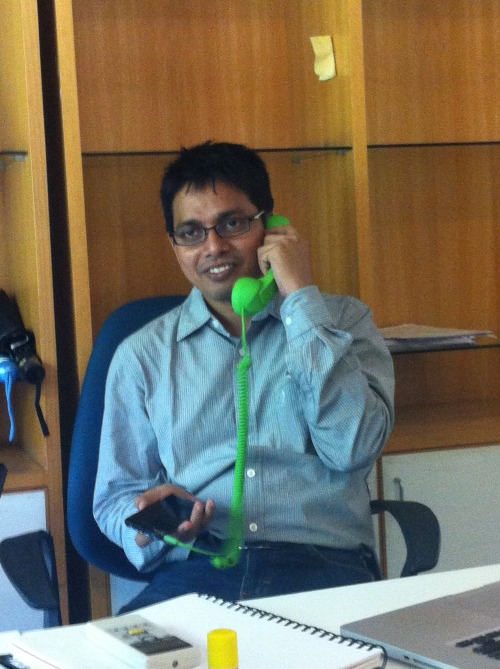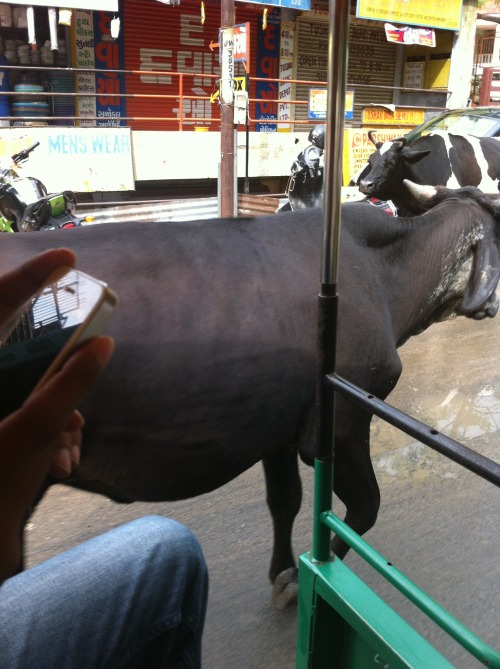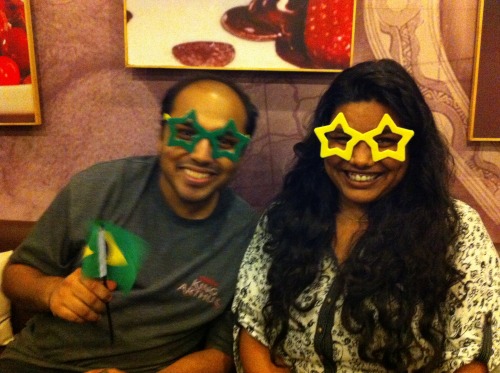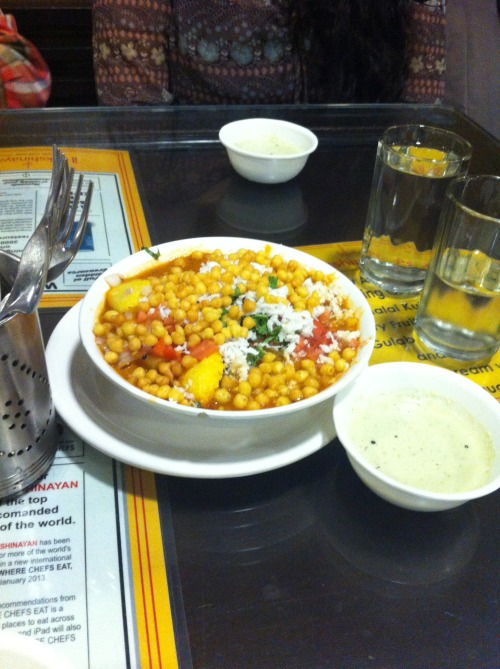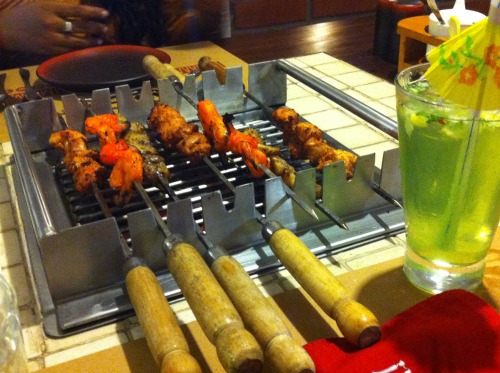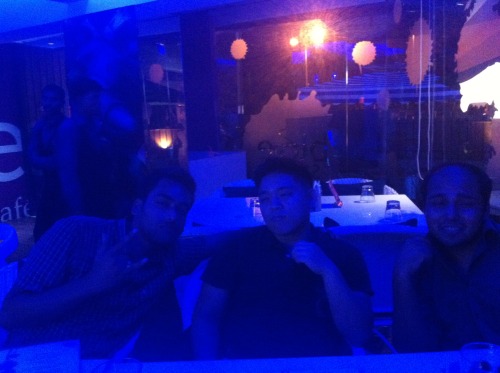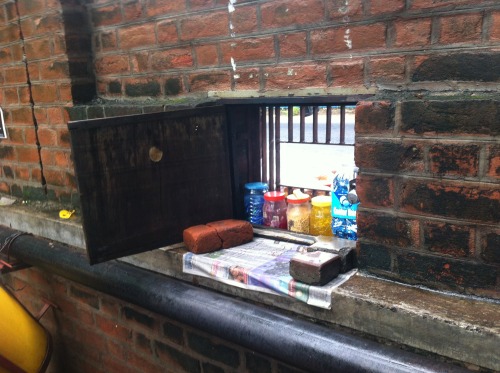Today marks the end of my registration paperwork for setting up my phone and my apartment. It’s been a long journey. First I’ll complain a little, then I’ll tell you why it’s relevant to the greater discussion. Feel free to skip ahead.
Steps for Getting an Indian SIM Card
Option 1: Following the Rules
- Go to a shop that sells pre-paid SIM cards (You can’t do any of this online)
- Make sure you’ve brought your:
- Photocopy of your front page and visa page (make sure they are crystal clear)
- The shop will fill out the paperwork for the SIM card and give it to the distributor.
- Nothing happens
- Call the shop where you bought the SIM card
- Realize they don’t speak English
- Have your Indian roommate and two different Hindi/Marathi speaking friends call to figure out what’s up
- Get deflected to the distributor, who has realized that you are foreign, and holds your SIM card until you call him to inquire about why it has been five days and it’s not activated yet. When you call, he says that it “costs extra” for him to process a foreigner’s application for a SIM card. This fee needs to be paid in cash to him
- Threaten the distributor that you will report him to the police. It is imperative that you don’t actually do this or you will have invited another pile of paperwork and/or another bribe to pay.
- What should have taken 24 hours took almost a week, but at least it’s done
But wait, there’s more…
Adding value to your SIM card online is impossible without an Indian bank account. I’ve witnessed my roommate’s dealings with establishing and using her Indian bank account, so I know not to go there. So I need to find a store that can add value to my phone, but not many stores in my area do this. I walked around for a quick 45 minutes and the 8th time was a charm. Now I have an Indian phone number that works.
Option 2: The Better Option/ the “Borrowed” SIM
- Complain to your friend that getting a SIM card is driving you crazy
- He calls his guy
- Guy delivers SIM card to house that same day
- SIM card works the next day
Lessons Learned
- You gotta know a guy. Nothing in this town happens without a guy.
- While buying local is usually the preferred option, sometimes the big box stores are a better option.
- The law of unintended consequences is always at work.
-

The type of standard local shop that I bought my SIM card from. Great for consumable goods, not so great for services.
Relevant Discussion: The Law of Unintended Consequences
India developed all of these extra steps because it has increasingly been a hotspot for terrorism. Starting with the partition of India and Pakistan and the border war that followed, there has been a long history of violence, and not just from Muslim extremists like the Indian Mujahideen. You could make a laundry list of different violent religious and political groups in India. More recent events like the 2002 Gujarat Riots, the 2003 Gateway of India Bombings, the 2006 Mumbai Train bombings, the 2008 Mumbai Attacks, the 2010 German Bakery Bomb, the 13/7 Mumbai Bombings in 2011 and the 2013 Hyderabad Blasts make clear the need for anti-terrorism measures to be taken, but it is unclear what measures will be effective. Since most of the attacks were coordinated with prepaid phones, the extra steps are supposed to be a measure that prevents prepaid phones to get into the hands of terrorists.
There are many problems with this:
- Anyone determined to kill people as a political statement is not going to be deterred by the process of getting a SIM card.
- Rules only work when they can be enforced AND when there are no loopholes.
- People who would otherwise try to follow rules will become frustrated with Option 1 and seek Option 2 out of convenience, reinforcing a lack of respect for rules and regulations. This logic applies widely.
- These types of rules make it harder to do business, which hurts the economy.

India Ease of Doing Business, World Bank (Click on Image for Clarity)
End Relevance
Before the SIM Card There Was the Apartment
Before I could experience all of this SIM card fun, I had to get an apartment for proof of address. In order to rent an apartment here, you must find a broker, who will charge a month’s rent to find you an apartment. Finding a good broker is a bit of a pain, and recommendations from friends come in handy. Things like Craigslist are mostly used by brokers, so there aren’t too many direct deals between landlords and tenants. This is probably due to the amount of paperwork/appointments needed to rent a place. I’m okay not knowing how hard things would have been without the broker.
In order to rent a place on a formal lease (this is the last time I will ever put my name on paper for this here), you must negotiate the lease terms in a thirty page document. Once the terms are agreed upon, you submit copies of passports, visas, photos, proof of employment, contact info for proof of employment, fingerprints, proof of previous addresses and post-dated checks for rent. If you are single women trying to rent a place, there needs to be some kind of appropriate parental presence to validate that you aren’t prostitutes (seriously, this is the assumption of many people- in this case, my roommate’s dad came to meet our landlords). Paperwork gets submitted to the police on behalf of the landlords, and a separate police check is necessary for the housing society (similar to an HOA). Later, all the renting parties and all of the owning parties need to show up together at the police station to have a photo and fingerprint taken. This whole process takes forever and requires much negotiation, time, and paperwork. Fortunately, in the end, you have a place to live that’s a ten minute walk from the sea, and has a coffee shop on the corner.
Relevant Discussion, or “How to Feel Guilty for Complaining”
I’m actually blessed to have paperwork. I was able to furnish countless passport photocopies and verification to these businesses, middlemen, and government entities that demanded them. Between my files and the internet, I can trace most of my life in a big paper trail that most of us take for granted. Many people do not have this luxury. According to Unicef, only 58 percent of children born in India are registered at birth, and of those registered, not all have birth certificates, meaning that millions of people don’t have access to the cycle of documentation.
For example, you need a birth certificate to get a ration card and you need a ration card to get a driver’s license. Many of the papers that people have in rural areas are invalid when they move to a city- a big problem in an age of increasing urbanization. This means that before people can even think about waiting in the registration office to validate a lease, they must somehow acquire new identification. Judging by how difficult all the rest of registrations are, I’m certain that the process of acquiring new ID is near impossible or requires lots of “fees”. I can’t imagine the frustration. If you want to know more, see this article: http://www.bbc.co.uk/news/world-asia-india-18141584. End Relevance



